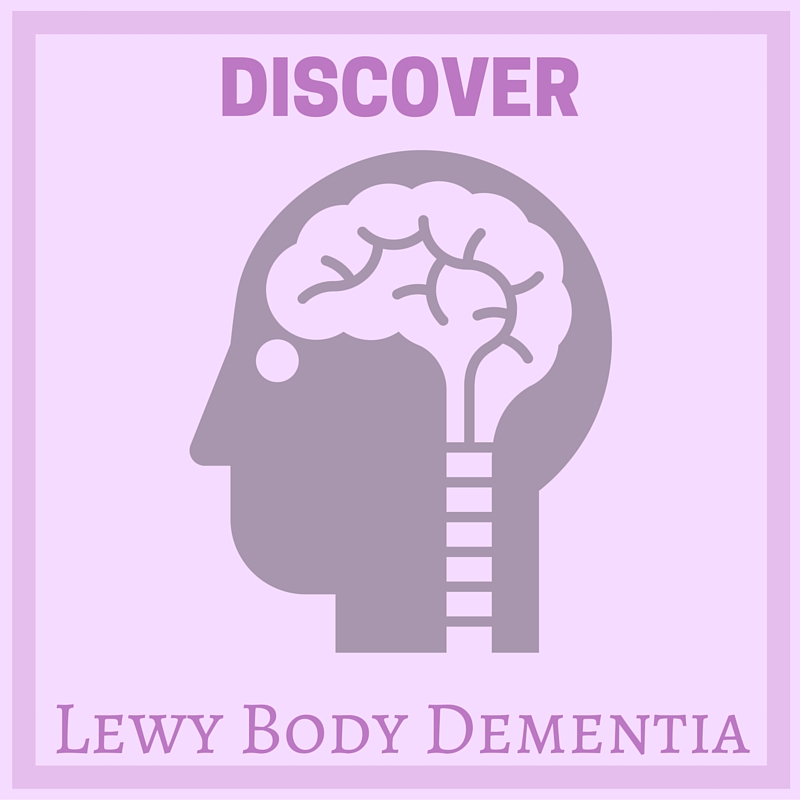
While most people have probably heard of Alzheimer’s disease, there are many other types of dementia that are less common. June is Alzheimer’s and Brain Awareness Month. This month, All About Seniors wants to spread Alzheimer’s awareness, but also awareness about other types of dementias.
Dementia with Lewy Bodies
Dementia with Lewy Bodies (DLB) is a type of progressive dementia that leads to a decline in thinking, reasoning and independent function. This occurs because of abnormal microscopic deposits that damage brain cells over time.
History:
The hallmark brain abnormalities linked to DLB are named after Frederick H. Lewy, M.D., the neurologist who discovered it in the early 1900s. These Lewy body proteins are found in an area of the brain where they deplete the neurotransmitter dopamine, causing Parkinson’s-like symptoms. Lewy body dementia exists either in pure form, or in conjunction with other brain changes, including those typically seen in Alzheimer’s disease and Parkinson’s disease.
Symptoms:
- Changes in thinking and reasoning
- Confusion and alertness that varies significantly from one time of day to another or from one day to the next
- Parkinson’s symptoms, such as a hunched posture, balance problems and rigid muscles
- Visual hallucinations
- Delusions
- Trouble interpreting visual information
- Acting out dreams, sometimes violently, a problem known as rapid eye movement sleep disorder
- Malfunctions of the “automatic” nervous system
- Memory loss that may be significant, but less prominent than in Alzheimer’s
As with other dementias, there is no single test that can absolutely diagnose dementia with Lewy bodies. DLB is a clinical diagnosis, which means it represents a doctor’s best professional judgment about the reason for a person’s symptoms.
4 Things you should know about Lewy Body Dementia
- Lewy body dementias are the second most common form of degenerative dementia
- LBD can have three common presentations: a movement disorder (Parkinson’s disease dementia), cognitive memory disorder (DLB), neuropsychiatric symptoms (hallucinations, behavioral problems, and difficulty with complex mental activities)
- Early and accurate diagnosis is essential
- Traditional antipsychotic medications may be harmful or not helpful for individuals living with LBD
Treatment:
There are no treatments that can slow or stop the brain cell damage caused by dementia with Lewy bodies. Current strategies focus on controlling the symptoms.
sources:
http://www.alz.org/dementia/dementia-with-lewy-bodies-symptoms.asp
http://www.lbda.org/



